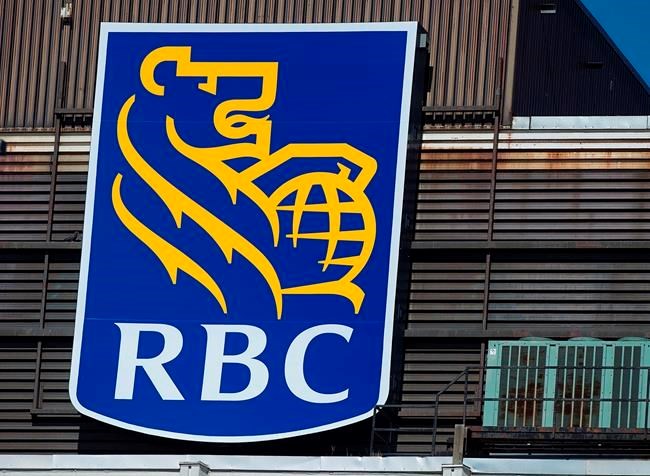TORONTO — RBC's climate policies have been deemed mild enough to pass a Texas test on whether banks are boycotting oil and gas companies.
State Comptroller Glenn Hegar last week named 10 financial institutions including BlackRock Inc., Credit Suisse Group AG and UBS Group AG that it deems to be boycotting fossil fuels, which under a law passed last year means they are barred from participating in the state's sizable bond market.
“The environmental, social and corporate governance (ESG) movement has produced an opaque and perverse system in which some financial companies no longer make decisions in the best interest of their shareholders or their clients, but instead use their financial clout to push a social and political agenda shrouded in secrecy," said Hegar in a statement.
He said that while the state's investigation focused on boycotts rather than the wider movement, it found a systemic lack of transparency.
"Especially the use of doublespeak by some financial institutions as they engage in anti-oil and gas rhetoric publicly yet present a much different story behind closed doors."
The state's definition of boycotting energy companies includes any action, without ordinary business purpose, taken to limit a bank's commercial relations with an oil and gas company because it does not go beyond minimum environmental requirements.
RBC was one of 19 financial institutions that Texas flagged for further investigation, in part because of the bank's commitment to net-zero lending by 2050. Such commitments could lead banks to have to make tough decisions about what companies they lend to based on their environmental performance, while the state said it also factored in wider ESG ratings when trying to narrow down the list.
In a written response to the state's inquiry, RBC said it greatly values its relationship with Texas and asserts it does not boycott energy firms.
"RBC provides a wide range of financial services — including financing, underwriting, and advisory services — to many companies in the oil and gas industry, including those located in Texas."
The bank notes it has a credit risk exposure to the oil and gas sector of about $25 billion.
"RBC engages in billions of dollars of financial activity with energy companies and counts many energy companies among its clients."
Indeed, the bank's substantial funding of fossil fuel projects has been criticized by environmental groups that have pushed Canadian banks to limit their funding to the sector.
"We've seen no evidence that RBC is curtailing its massive fossil fuel financing or even setting credible climate targets, so it's not surprising they didn't end up on the Texas list, inaccurate though it may be," said Matt Price, director of corporate engagement at Investors for Paris Compliance.
A July report on bank climate action by the Transition Pathway Initiative found that RBC lagged banks like UBS and Credit Suisse on its decarbonization strategy, while also highlighting how most banks are still falling short on setting targets.
RBC said in its letter to Texas that along with funding fossil fuel companies it is, at the same time, committed to addressing climate change. It cites as examples its net-zero commitments, including setting interim financed emission reduction targets by 2023, and its $500 million sustainable financing target.
It also says that in the ordinary course of business it may decline to provide financial services that expose it to undue risk, noting its limits on greenfield coal-fired power plants and funding oil and gas exploration in the Arctic National Wildlife Refuge.
The Texas energy boycott law, along with a similar one targeting banks that boycott gun manufacturers and associations, pushed several major U.S. banks including Citigroup, Goldman Sachs, Bank of America and JPMorgan Chase out of the market last year, according to a research paper by University of Pennsylvania professor Daniel Garrett published in June.
His paper, written with Ivan Ivanov, a principal economist at the U.S. Federal Reserve Board, found that the Texas laws would mean citizens of the state would likely have to pay between about $300 million and $500 million in added interest costs because of the reduced competition in the state.
The paper also noted that TD Securities had submitted a letter last year attesting that it, too, was in compliance with the energy and gun laws, but withdrew the letter in March to potentially signal it was withdrawing from the market.
TD did not respond to a request for clarification.
While the withdrawal by several banks from the market might not be great for Texas taxpayers, it has likely benefited RBC. According to Bloomberg, the bank was able to jump up last year to become the No. 1 bond issuer in the state.
This report by The Canadian Press was first published Aug. 29, 2022.
Companies in this story: (TSX:RBC)
Ian Bickis, The Canadian Press



